GSoC Contributor Application Guidelines
Communication Channels
OpenAstronomy is a collaboration between open source astronomy and astrophysics projects and as such, to get help you need to find the specific project you are interested in:
- Browse the Project Ideas Page to find a project that interests you.
- Check the Members Page to find the chat links for that specific organization.
- Join that organization’s chat to talk to the mentors!
If you want to apply to OpenAstronomy to participate in GSoC there are many things you can do to improve your application. Many of OpenAstronomy’s admins and mentors have participated in previous editions of GSoC with their projects, so will be able to answer any questions you might have, come talk to us on the mailing list.
There are many guidelines on writing a good application and how to increase your chances, this guide covers the most important things to OpenAstronomy, however, you should also checkout the GSoC Contributor Guide, the Python Software Foundation guide, the Astropy GSoC guidelines and the SymPy Guidelines to name but a few.
Some general pointers to follow are:
-
The better we know you, the better we can judge your application. There are many ways to get yourself known by the community, you can introduce yourself through the OpenAstronomy mailing list (how to use Google Groups), chat with us in the Matrix channel (how to connect to matrix) and if required contact the mentors to know more about certain project. However, contacting mentors through email or direct messages is discouraged, and contacting them in public channels is the preferred way to provide answers to multiple people at once. Also, when you have a particular idea in mind, get in touch with that project and introduce yourself. For
astropyprojects you can do this by sending an e-mail to the astropy-gsoc-applications mailing list (please do not send to theastropy-devlist). -
Become a user! Download one or more of the OpenAstronomy projects and start experimenting with the code. Look at the latest pictures of the million degree Sun with SunPy, volume render a simulation of the galaxy with yt, or plan some astronomical observations with Astropy - There are loads of things to do with all the projects involved with OpenAstronomy, get involved!
-
Set yourself up as a developer. Create an account on GitHub or the forge the organisation is using. Don’t know how to use git or Mercurial? Don’t worry, there are lots of git tutorials online and many Mercurial ones as well that will help you to get quite confident with it in a short time. Also both the Astropy and yt developer guides are great reads no matter what project you are thinking of working on.
Have you got stuck? ask on the forum or chat rooms for help and volunteers will support you.
-
Start to be a developer. Checkout the issue lists of the projects to see if there is something that you could do. You will be expected to submit a pull request to one of the OpenAstronomy projects before you submit your application (it does not have to be accepted, but it has to be something that shows your code abilities!). This requirement is to show that you know how git, github, pull requests and reviews work and allows mentors to eveluate all applications based on a real code contribution, instead of e.g. the name of a specific school. GSOC is a short program and we want to make sure you are ready to start immediately. If you have previously contributed to OpenAstronomy projects, you can point to those pull requests, too.
-
Plan your application. Think which is your favourite project from the ideas page or think of a new one that will help out one of the OpenAstronomy members. Prepare a plan on how you will tackle that project and the time it will take you to solve it. Do not worry much in providing exact dates, but plan it as best as you can (if you are planing to have some holidays during the GSoC programme, then you should mention it too). Use our application template to describe how you plan to do the work during the programme. Also, don’t be afraid to ask your potential mentors for help. Don’t be shy when describing yourself!
-
Submit your application. Don’t forget to submit your application before the deadline. Please, include the sub-org name at the start of your proposal title as:
[<sub-org>] <project name>, where<suborg>should be the name of the sub-org in lower case (e.g.,sunpy,stingray,radis), or the combination of two if it’s the case (e.g.,astropy|sunpy). We are also happy to give comments on your proposal if you like. Feel free to add your application to the sub-org member’s wiki following this format: “GSoC-<YEAR> Application <sub-org> <Your Name>:<Project Name>” and link such page in the wiki.
